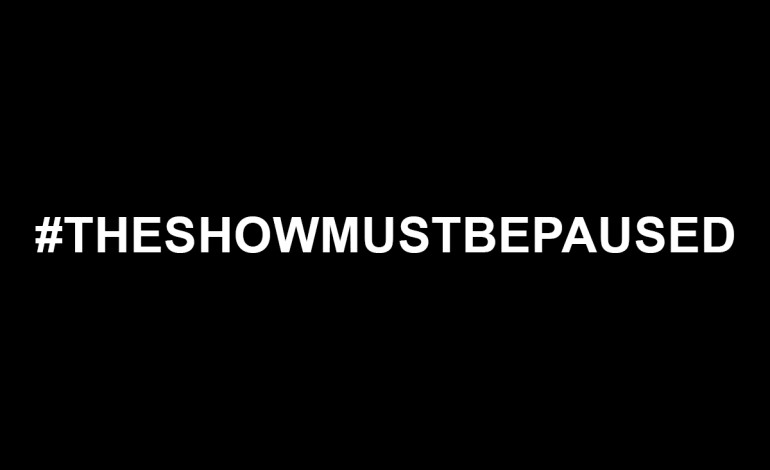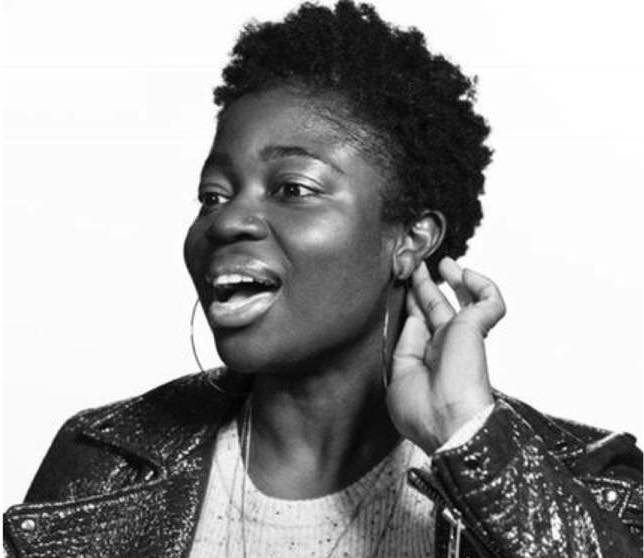
In a powerful open letter addressed to “Chairmen, CEOs, Presidents and Music Industry Leaders”, black music executives from Sony Music, UMG, Warner Music Group, and the newly-formed Black Music Coalition (to name a few) have put their voice to a call to introduce measures aimed at destabilising the systemic racism embedded within the UK music industry. The impassioned appeal for company-wide action included compulsory anti-racism and unconscious bias training for all non-black staff members of staff with black staff members offered complimentary counselling, as well as a budget allocated for organisations devoted to racial justice.
This appeal comes in the wake of last week’s Blackout Tuesday, a grassroots social media campaign instigated by music professionals Brianna Agyemang and Jamila Thomas that urged the industry to halt their ‘business as usual’ online presence in solidarity with the worldwide protests sparked by the death of George Floyd. Floyd, a 46-year-old unarmed black man, was suffocated to death on the 25th of May whilst under arrest by several officers of the Minneapolis Police Department.
Echoing Agyemang and Thomas’ desire to hold to account a multi-billion dollar industry “that has profited predominantly from black art”, the letter highlighted how despite the music industry having “long profited from the rich and varied culture of black people for many generations”, it nevertheless “has failed to acknowledge the structural and systematic racism affecting the very same black community”. The letter also repurposed a phrase originally spoken by American actor and DJ Amanda Seales and later quoted by radio broadcaster Clara Amfo, accusing the industry of “effectively enjoying the rhythm and ignoring the blues”.

BBC 1 Radio host Clara Amfo recently delivered a moving speech addressing how the death of George Floyd had impacted her mental health.
Another notable demand was for the words ‘urban music’ be dropped as an industry term and be replaced by ‘black music’ with immediate effect. The descriptor has long been a hotbed for controversy owing to accusations that it demarcates (and thus implicitly subordinates) the work of black artists into a separate category from their white counterparts.
January’s 62nd Grammy Awards faced harsh criticism from its own recipients on this very issue. Tyler, the Creator, winner of 2020’s Best Rap Album, lamented that despite a nod from a major awards academy, he felt his album IGOR had been miscategorised as ‘rap’ (the album mostly comprises of sung vocals) based on the colour of his skin. “Whenever we – and I mean guys that look like me – do anything that’s genre-bending or anything, they always put it in a rap or urban category”, he said whilst backstage after accepting his award. “I don’t like that ‘urban’ word. It’s just a politically correct way to say the N-word … why can’t we just be in pop?”, he asked in frustration, presumably referencing fellow award winner Lizzo whose album Cuz I Love You was nominated for the Best Urban Contemporary Album category, rather than as an entry for Best Pop Vocal Album.
Following in the footsteps of major label Republic Records, who on Friday announced they would no longer be using the term ‘urban’, as of today the Grammy Awards announced that they would be renaming their ‘Best Urban Contemporary Album’ category to ‘Best Progressive R&B Album’. Curiously however, ‘Best Latin Pop Album’ (a category that was mired in its own controversies this year) has also been renamed ‘Best Latin and Urban Pop Album’.
Read the full letter published online by IQ Magazine here.
